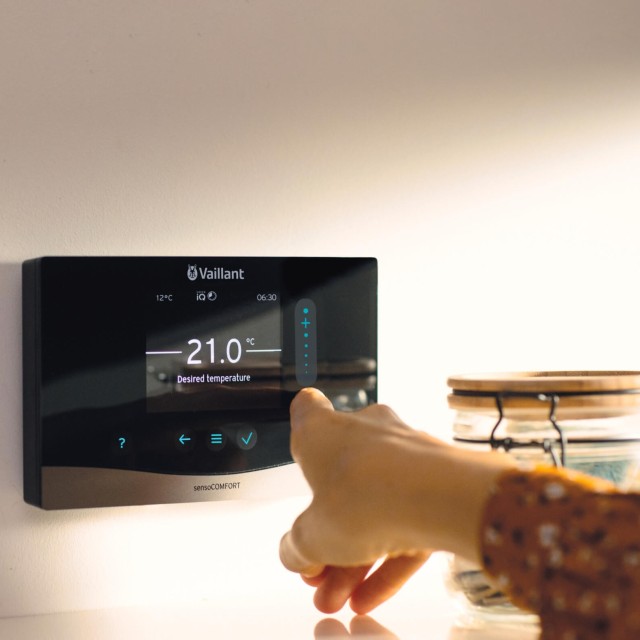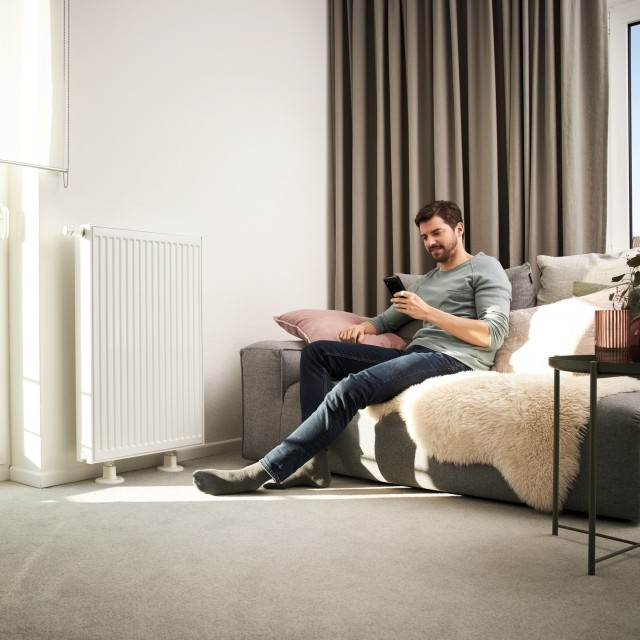Poor insulation is one of the primary causes for making your home feel colder. By properly insulating your home, it can lower the time you need to use central heating, which can reduce heating bills.
Older homes often have poor insulation, particularly around windows and doors. This means that cold air can enter your home and warm air can escape, leading you to turning up the heating on your thermostat to keep a comfortable temperature. Heating on your thermostat.
Draught excluders and weatherstripping tape work by blocking cold and warm air moving between the outside the home and inside (or between rooms). It works by sealing any potential gaps under the door, around windows or door ledges which are typical spots for heat loss.
In addition to sealing gaps in windows and doors, it is important that the rest of your home is well insulated. Your roof is the one of the biggest contributors of heat loss in your property. Ensuring that it is properly insulated could make a difference minimising heat loss and reducing energy bills.
Your home may also benefit from upgrading your windows to double or triple glazing. This creates an additional layer between the cold external air and warm air inside your home.




